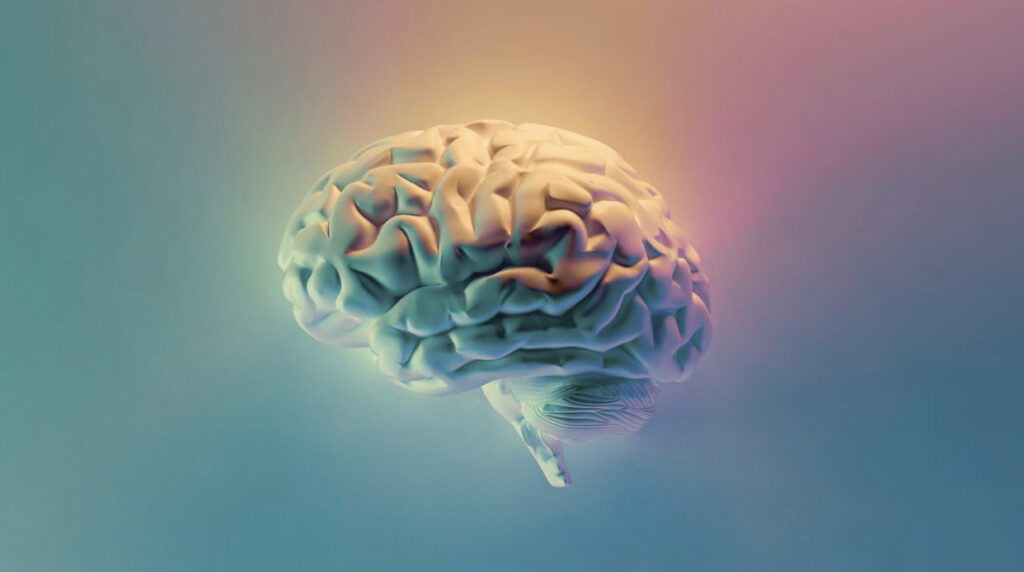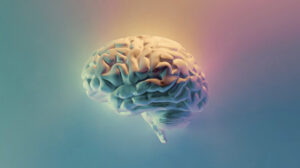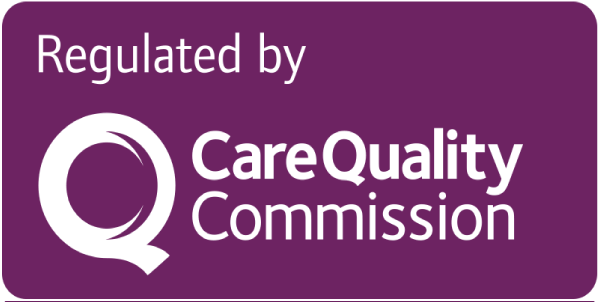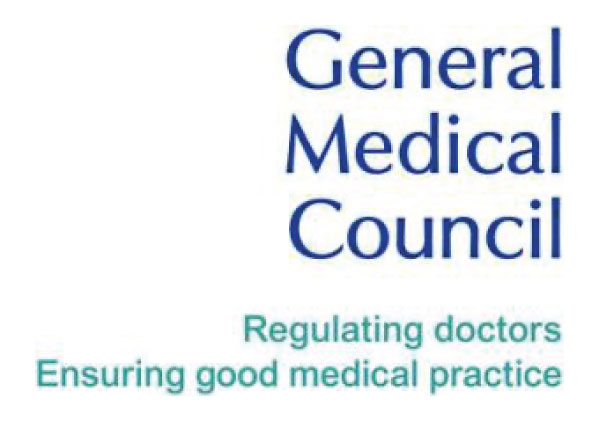
Is Menopause Messing with Your Mind?
Menopause, the natural transition marking the end of a woman’s reproductive years, brings with it a wave of physical changes. Hot flashes, night sweats, sleep disturbances – these are all well-documented symptoms. But what about the impact on your brain? Are those forgetful moments or sudden brain fog a normal part of menopause, or something more?
Can Menopause Cause Memory Problems?
Many women experiencing menopause report feeling like their brains are working differently. Tasks that used to be easy, like remembering names or following complex instructions, suddenly feel challenging. This can be incredibly frustrating and lead to anxieties about cognitive decline.
The Science Behind the Fog
The answer isn’t entirely clear-cut. Fluctuations in hormone levels, particularly estrogen, are known to play a role in brain function. During menopause, estrogen levels naturally decline, and this fluctuation can affect memory, focus, and concentration for some women.
Not All Women Experience Cognitive Decline
The good news? Research suggests that not all women experience significant cognitive decline during menopause. In fact, many women report no change or even a sharpening of mental abilities.
What Can Be Done to Support Brain Health During Menopause?
Here are some steps you can take to keep your brain sharp throughout menopause and beyond:
- Maintain a Healthy Lifestyle: This means eating a balanced diet, getting regular exercise, and prioritizing quality sleep. These habits are crucial for overall health and brain function.
- Challenge Your Brain: Keep your mind active with mentally stimulating activities like puzzles, learning a new language, or reading.
- Stress Management: Chronic stress can negatively impact cognitive function. Find healthy ways to manage stress, such as yoga, meditation, or spending time in nature.
- Explore Bioidentical Hormone Replacement Therapy (BHRT): BHRT in particular estrogen, progesterone and testosterone, plays a crucial role in keeping our brain healthy as we age and in improving cognitive function.
When to See a Doctor
If you’re experiencing memory problems that significantly impact your daily life, don’t hesitate to see a doctor. Ruling out other potential causes of cognitive decline is important.
Remember: You are not alone! Many women experience changes in brain function during menopause. By prioritizing healthy habits and talking to your doctor, you can navigate menopause and support your brain health for years to come.









